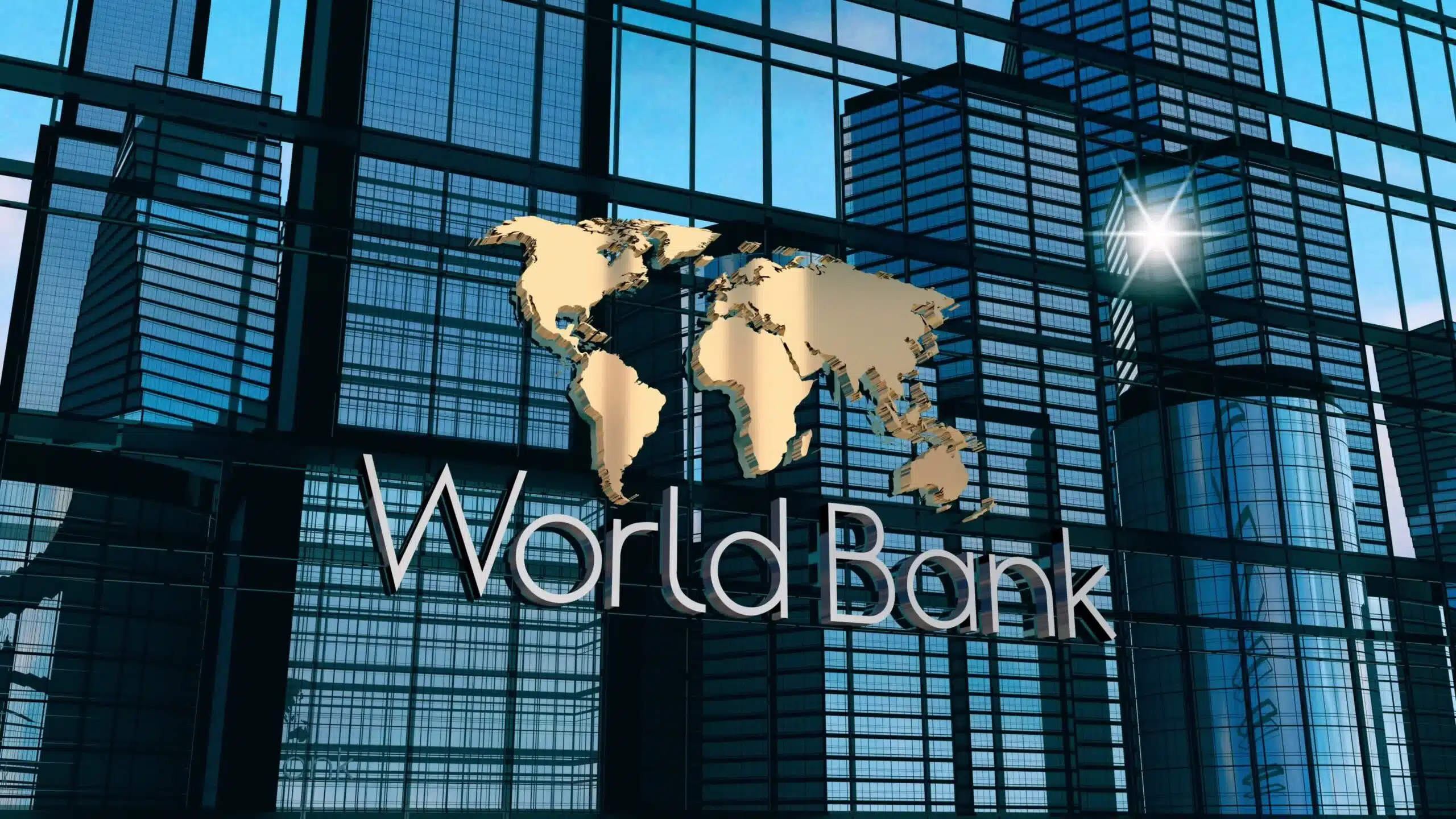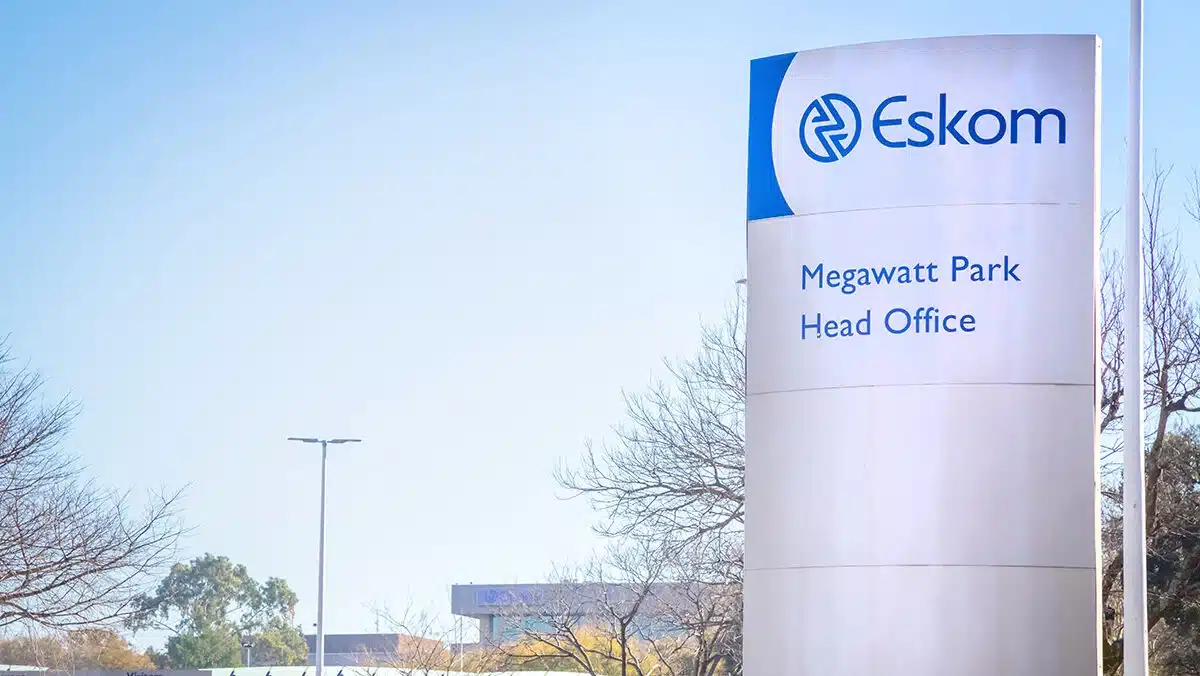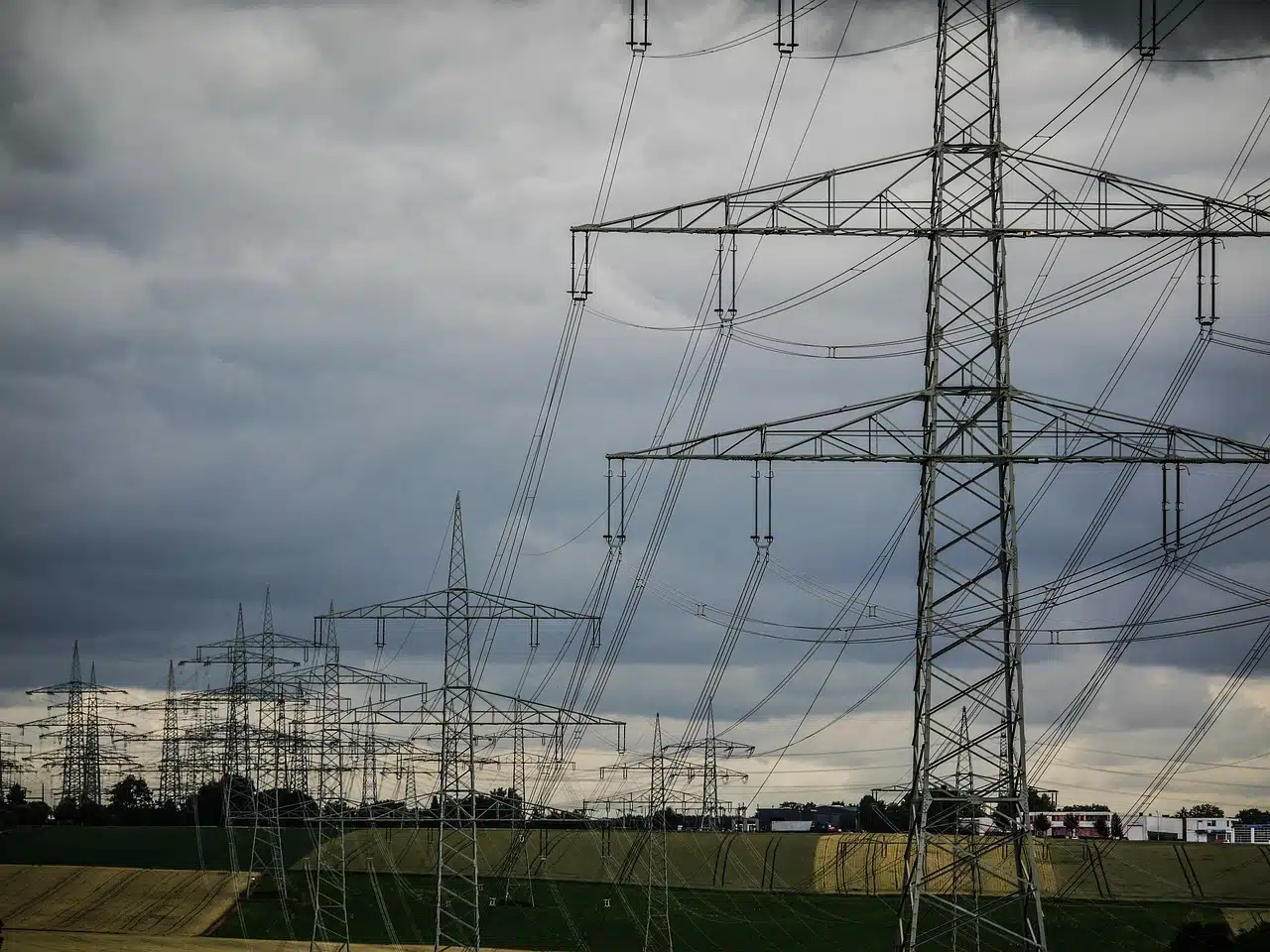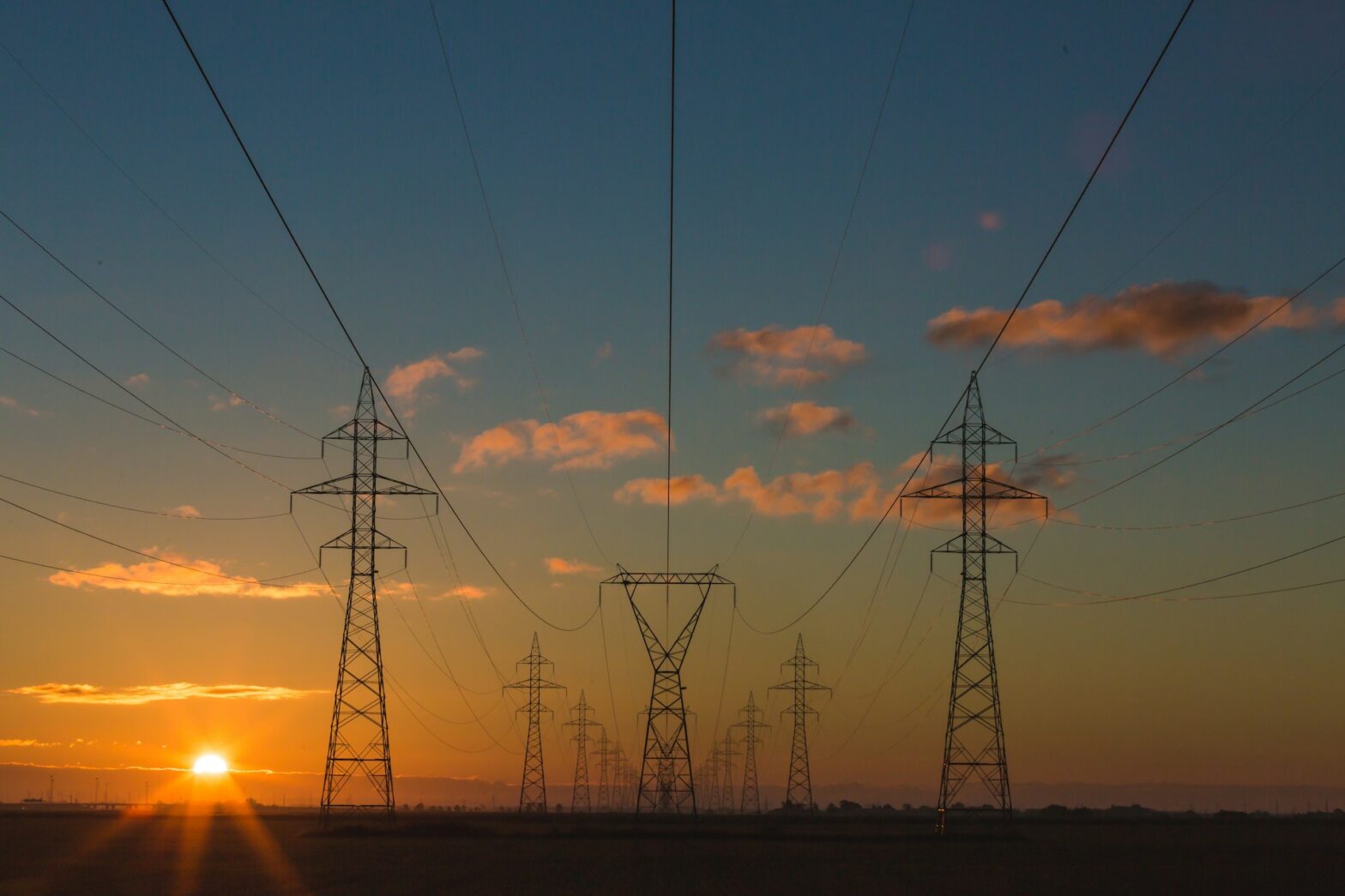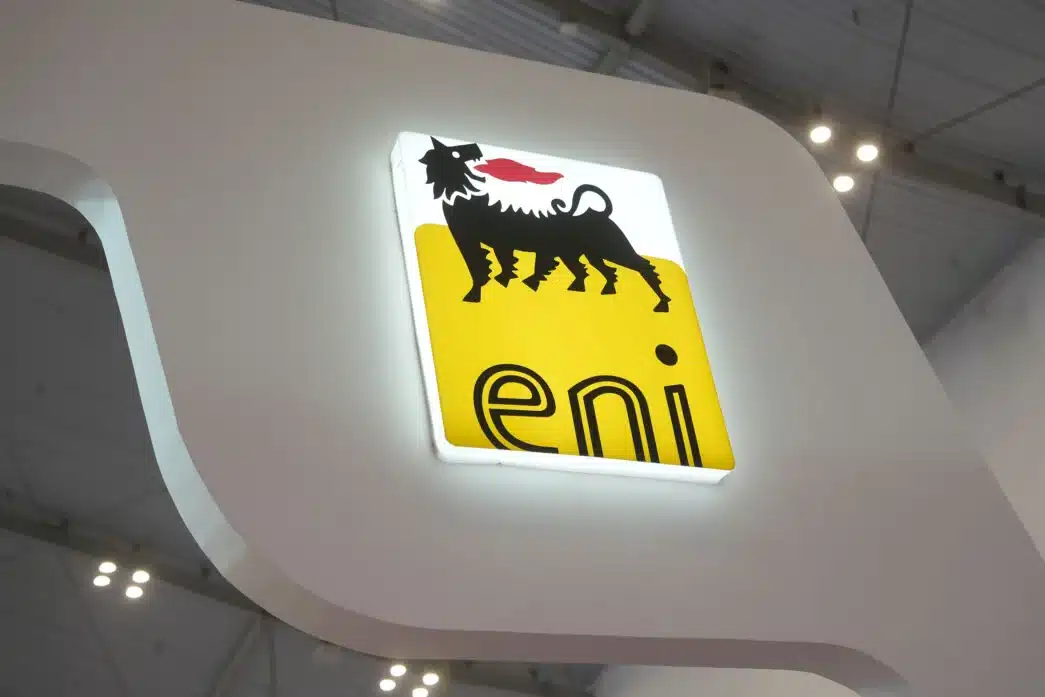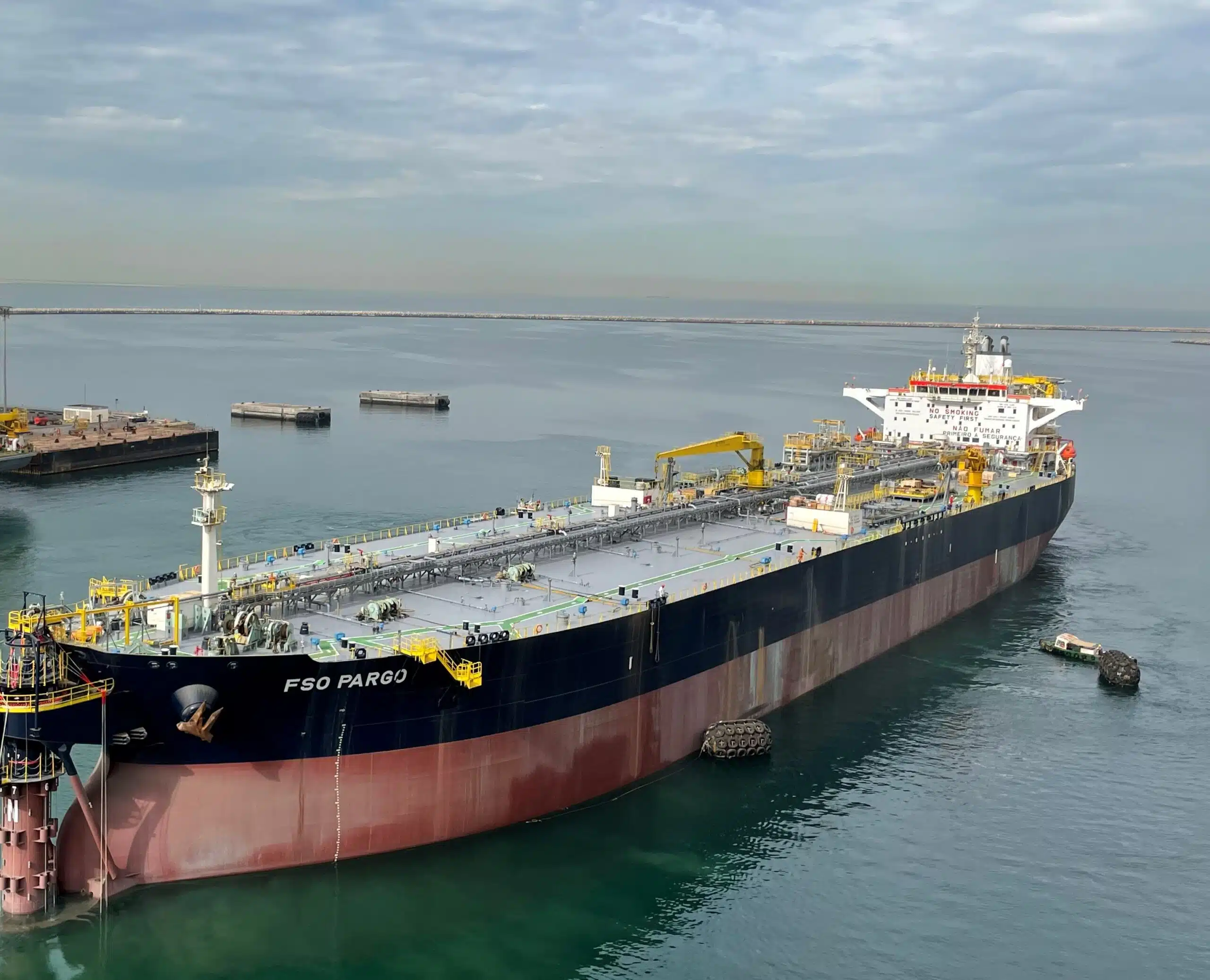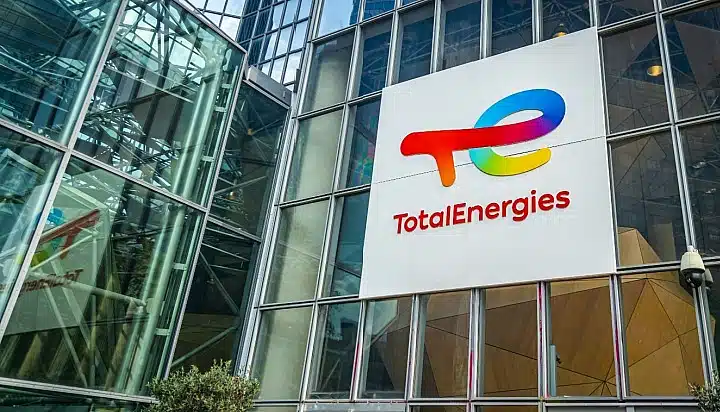The World Bank Board of Executive Directors approved a $200 million grant for Zambia through its International Development Association (IDA) to boost the nation’s electricity access.
This funding, part of the 13th phase of the Accelerating Sustainable and Clean Energy Access Transformation (ASCENT) Program, aims to deliver reliable and sustainable energy to over one million Zambians within five years.
The initiative prioritises remote and underserved communities, addressing Zambia’s energy access gap.
“We are excited to embark on this new phase and look forward to the positive impact it will have on local communities”, said Yadviga Viktorivna Semikolenova, World Bank Practice Manager for Energy in Eastern and Southern Africa.
In addition, this grant aligns with Zambia’s commitment to the Mission 300 Initiative, which aims to electrify 300 million Africans by 2030.
Project scope and economic impact
Moreover, the ASCENT Zambia project focuses on connecting households to electricity and providing affordable power to businesses and industries.
“The ASCENT Zambia project demonstrates our commitment to universal sustainable energy access,” Semikolenova confirmed, referencing Zambia’s alignment with the broader target to electrify 300 million Africans by 2030.
By scaling successful pilot initiatives, the project will invest in new energy technologies and build local capacity to manage energy infrastructure.
According to Semikolenova, the approach is expected to create jobs and drive economic growth, as reliable energy access empowers industries and small businesses.
Strategic partnerships
Achim Fock, World Bank Country Manager for Zambia, outlined the importance of partnerships in ensuring the project’s success.
“Partnerships are key to the success of the ASCENT Zambia project.”
“We are grateful for the support of all partners and look forward to working together to help foster economic growth in Zambia through the provision of reliable energy to businesses and industries,” said Fock.
The program’s phased approach supports Eastern and Southern African nations in advancing Mission 300 objectives, fostering regional collaboration.
In addition, the World Bank’s IDA, established in 1960, plays a critical role in funding such initiatives, having disbursed $496 billion across 114 countries, with nearly 70% of recent commitments directed to Africa.
By leveraging innovative technologies and local expertise, the initiative will ensure long-term energy reliability for Zambia’s growing population.

